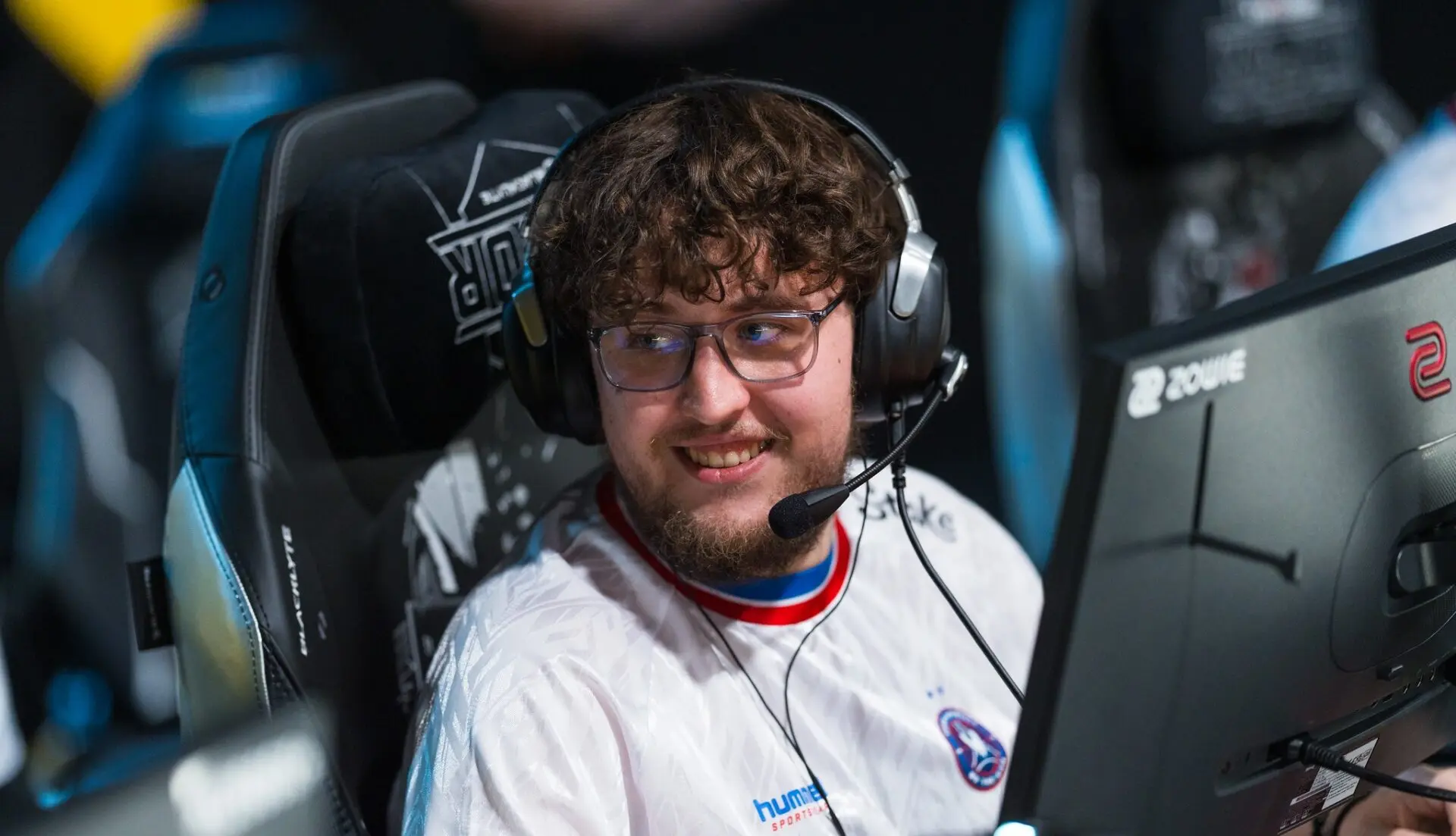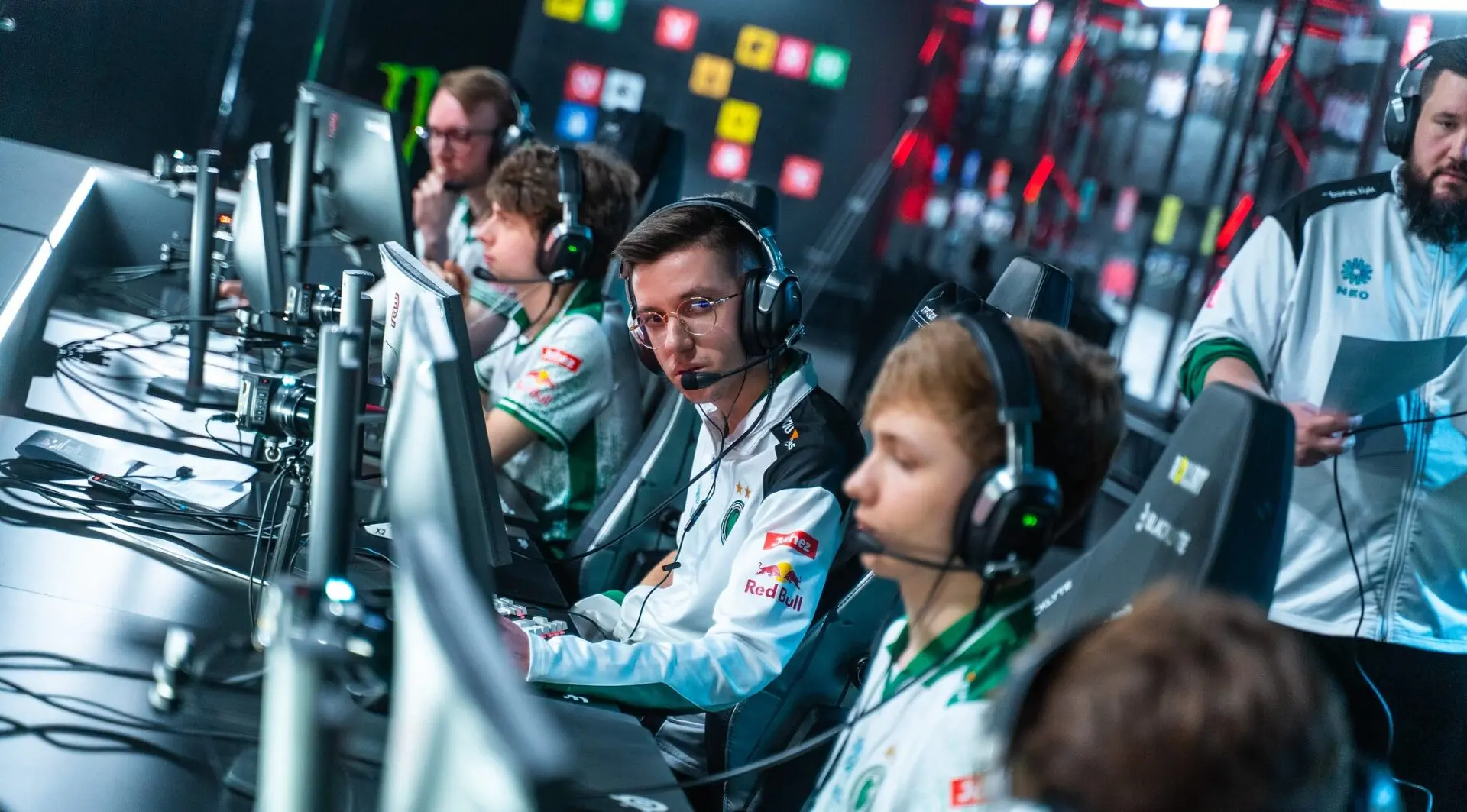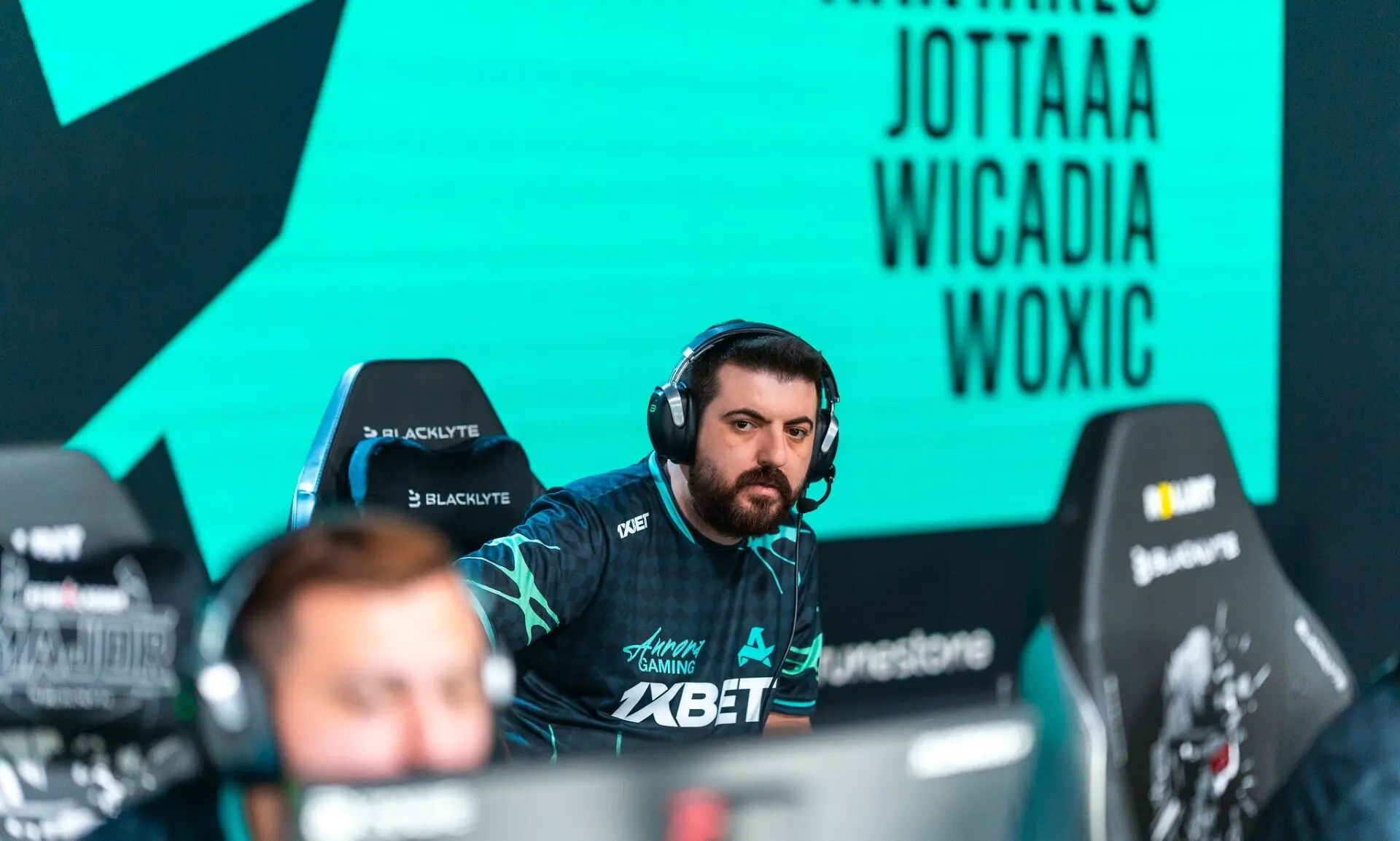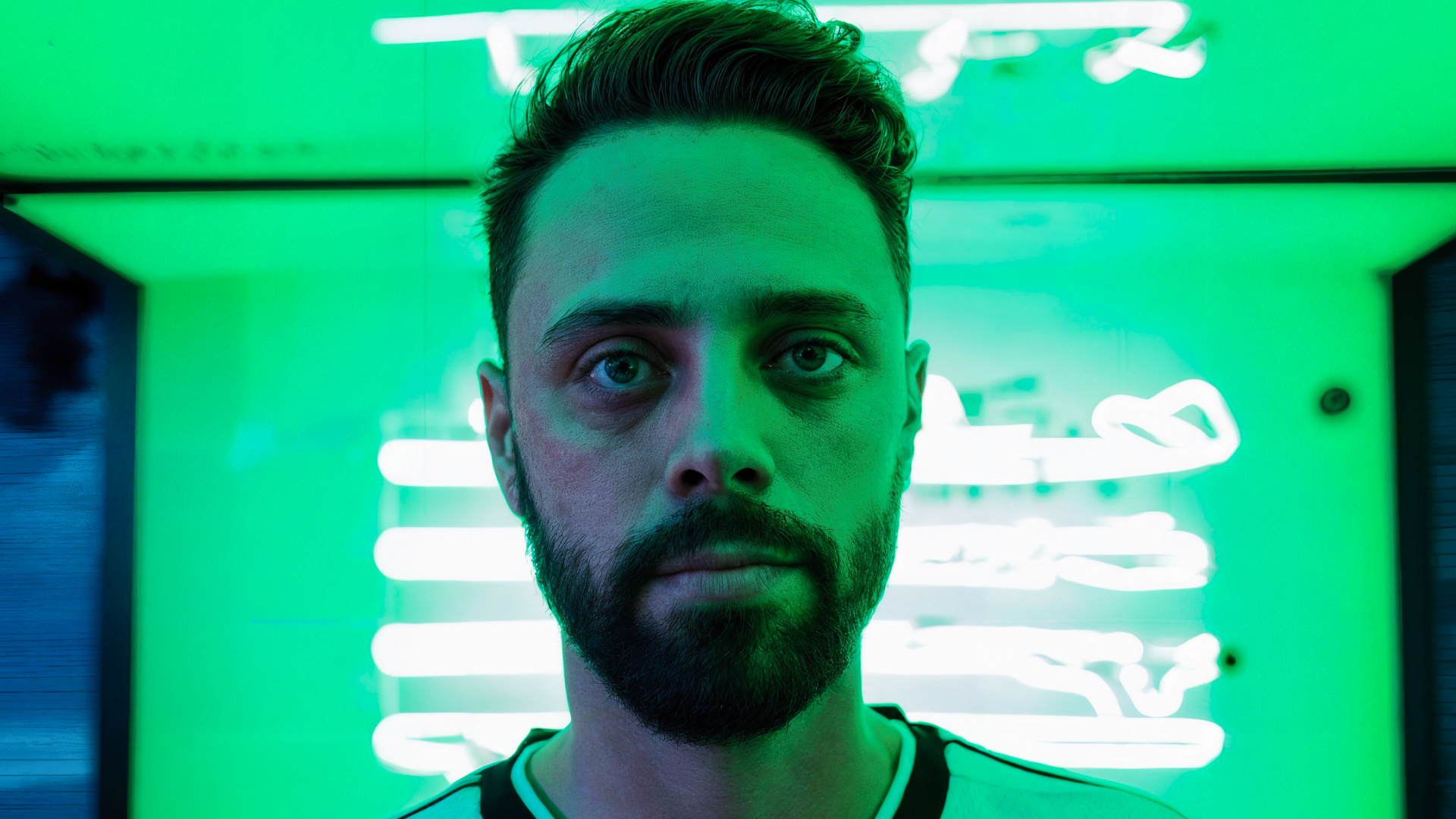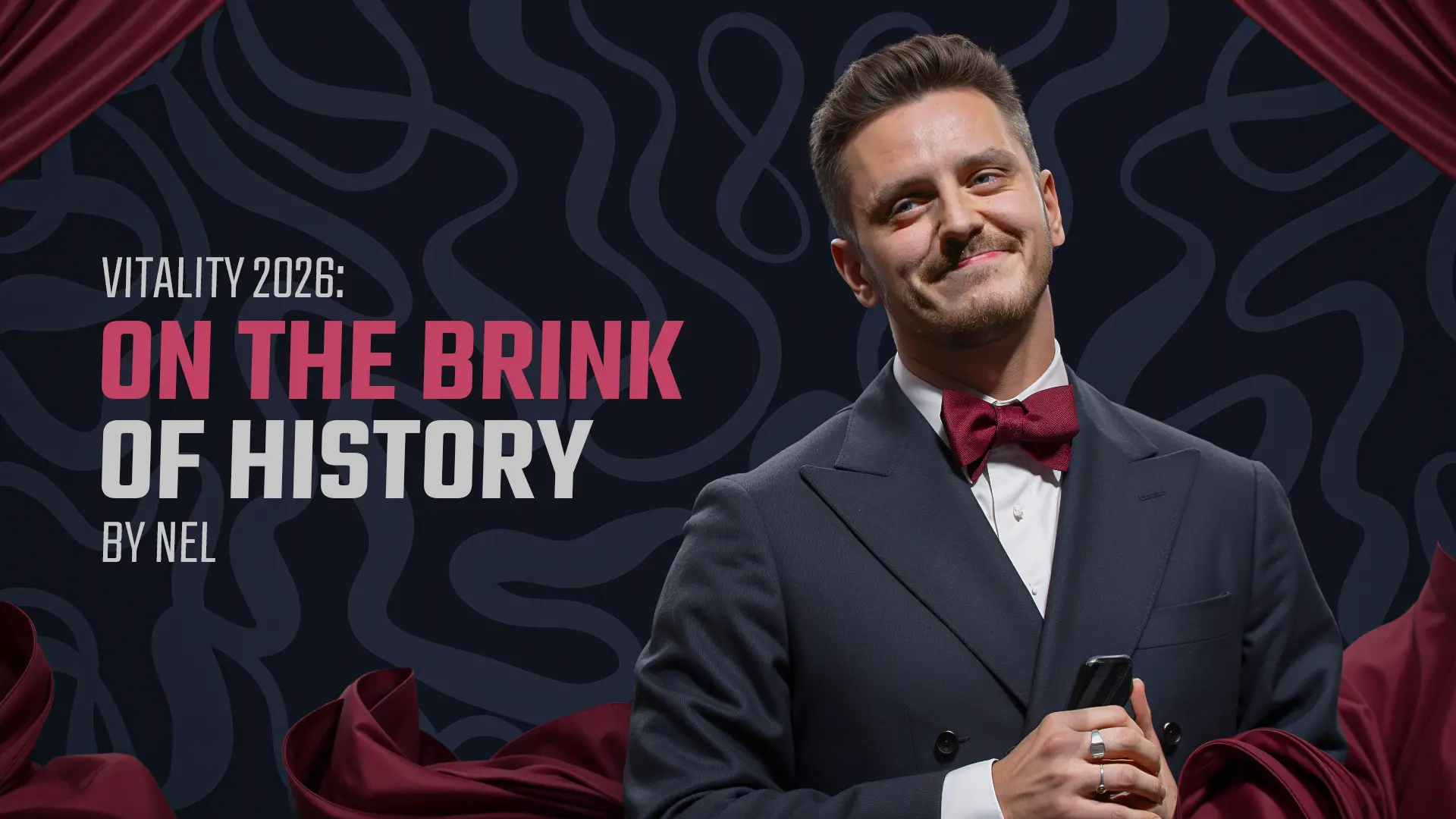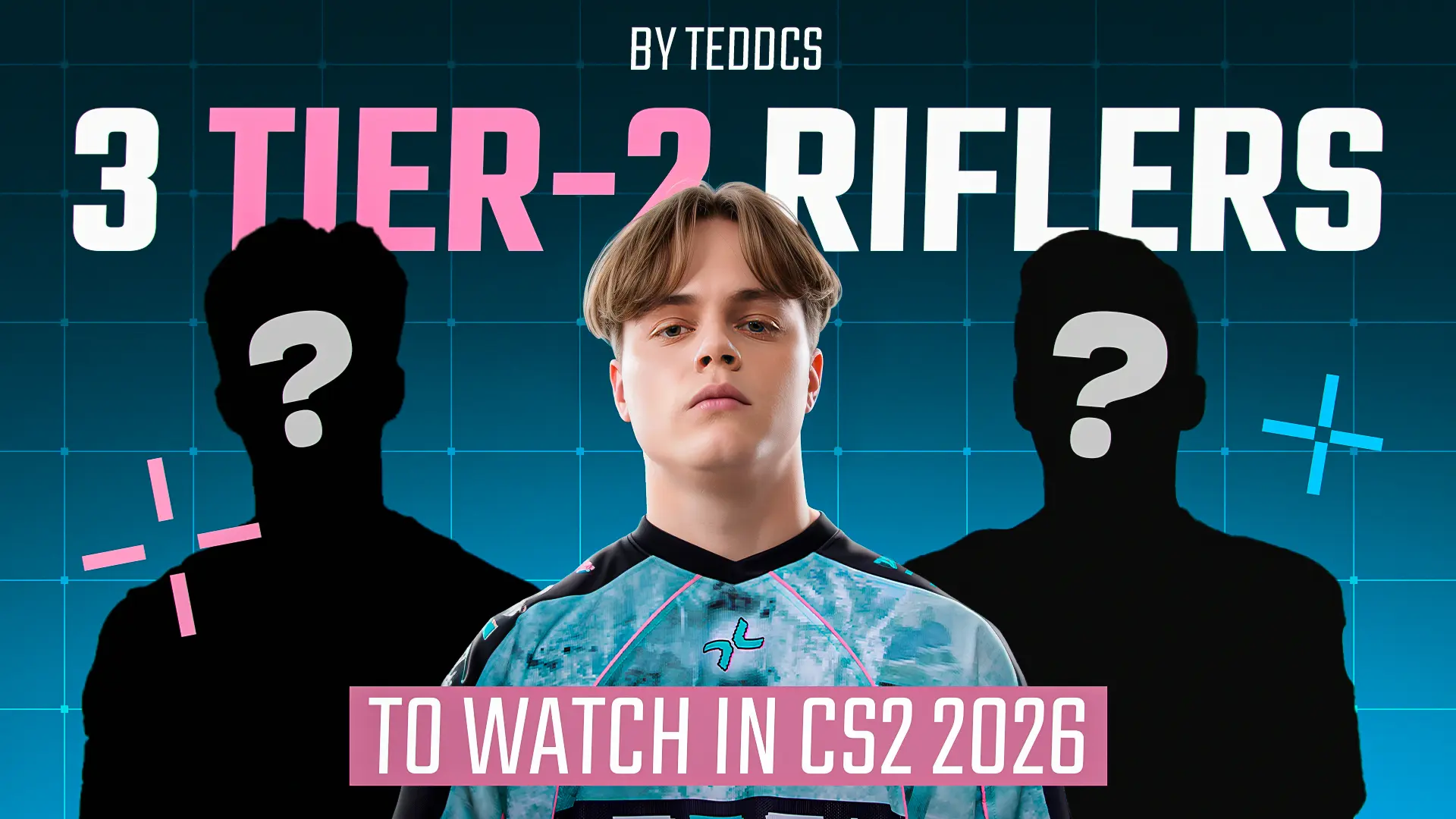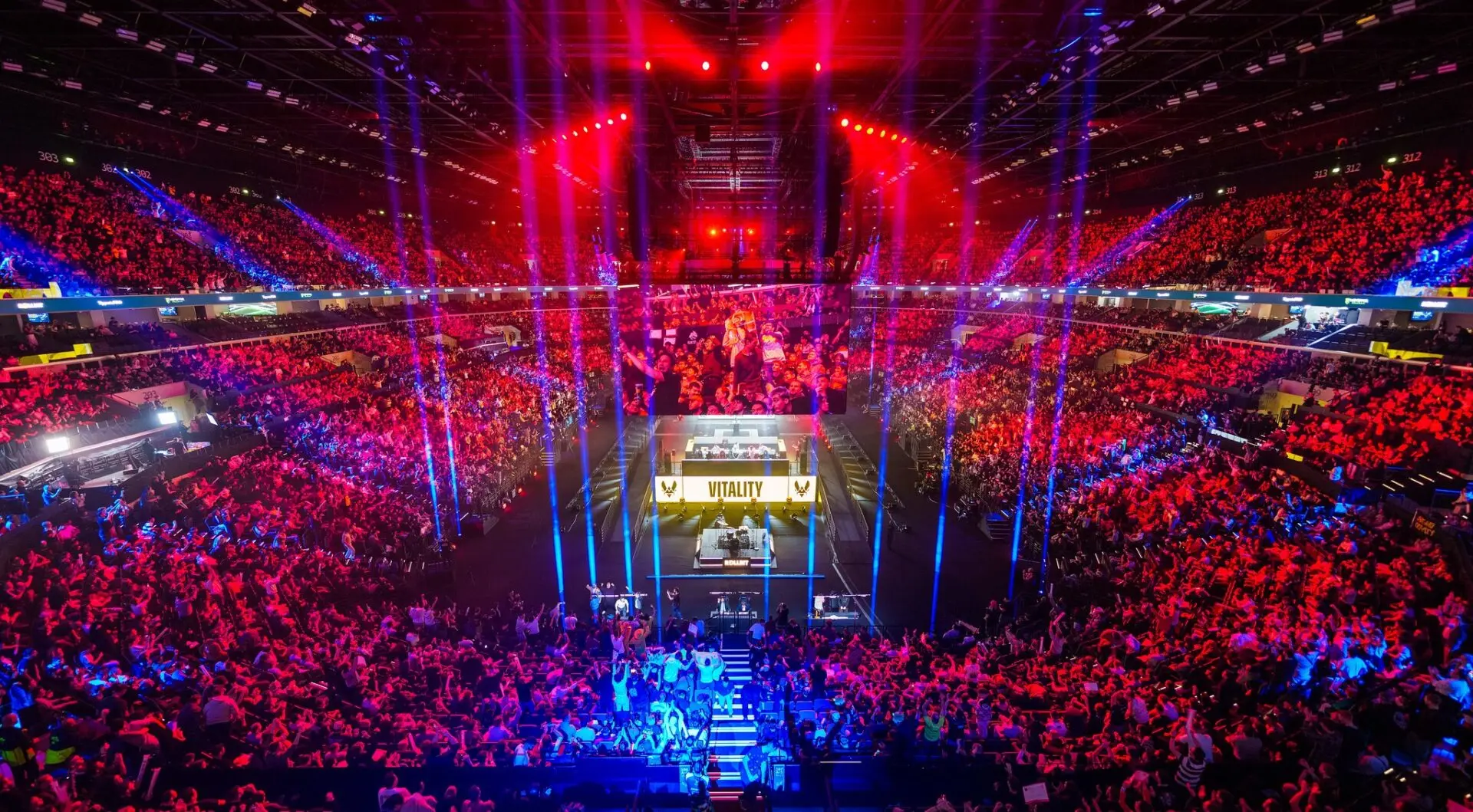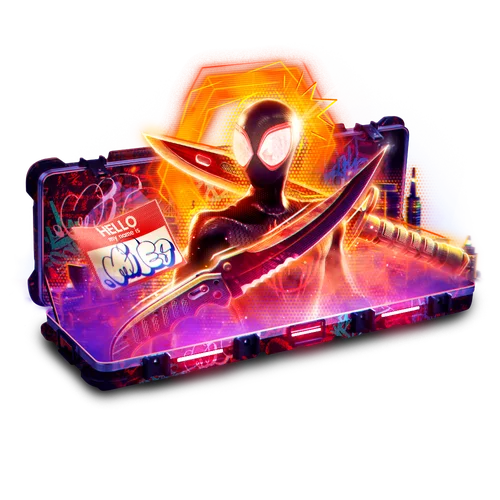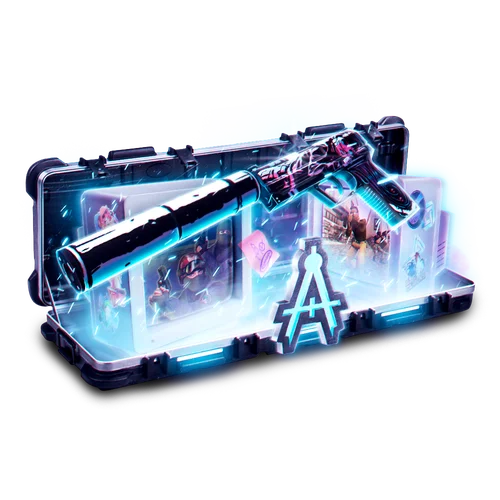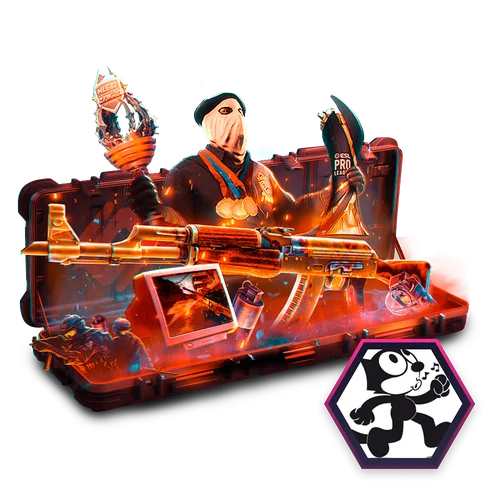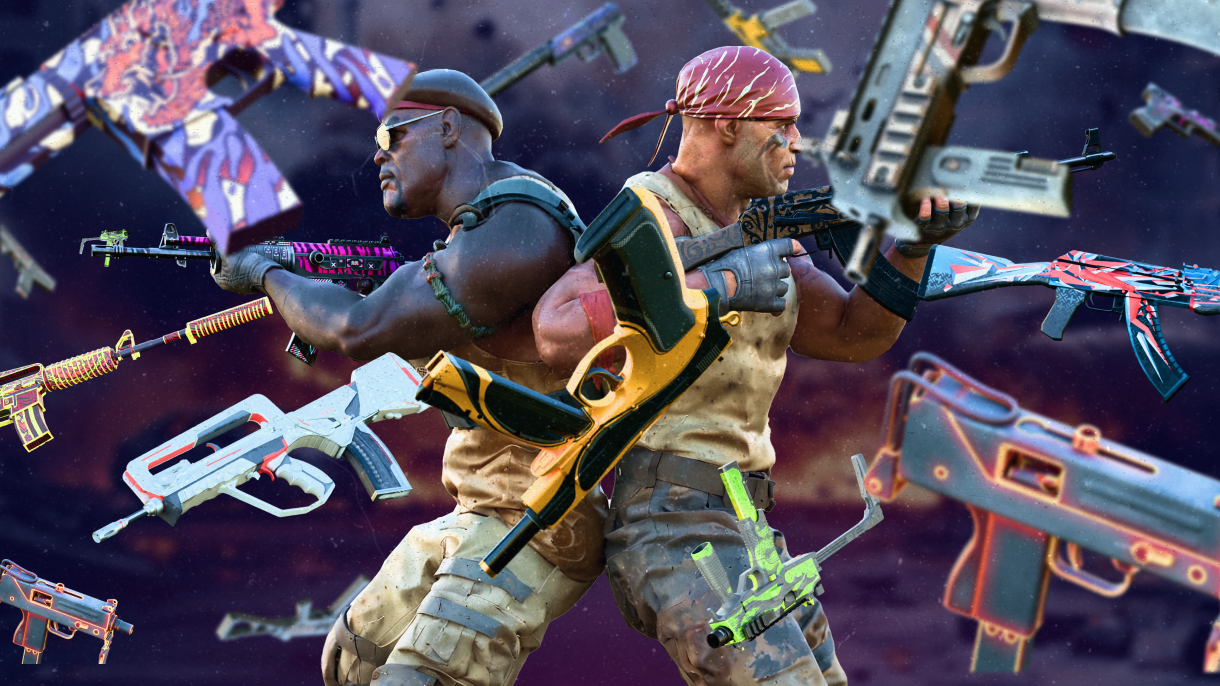FACEIT has found itself at the center of a new wave of discussion after officially reporting the discovery of two serious CS2 exploits — the so-called “Super Jump” and “Teleport”. Both bugs allow players to perform impossible movements, effectively breaking the balance of competitive play. The organization stated that an internal investigation is underway but stressed that deliberate abuse of these exploits will be considered a breach of competitive integrity and punished with the standard two-year ban, consistent with previous rulings on bug abuse.
We're aware of two new CS2 exploits, namely the "Super Jump" and "teleport" bugs enabling impossible movement, and are investigating further.
Abusing them is a deliberate integrity breach and will trigger our standard 2-year ban, consistent with past bug-abuse rulings.
— FACEIT CS2 (@FACEITcs) September 2, 2025
Community reaction: from support to outrage
FACEIT’s decision sparked lively debate among players and notable figures within the CS2 community. Some supported the strict policy, believing that only radical steps can preserve fair conditions in matches. Others argued that a two-year disqualification for bugs is excessive, especially when the game still suffers from other systemic issues.
read more
Popular social media comments included:
- “Lmao 2 year ban for a bug” — mocked one user, highlighting the absurdity of the punishment.
- “Good, now ban all the lvl 1 accounts with 100 hours that play lvl 6-7+” — wrote TekkCS2, pointing to the smurfing problem.
- “Smurfs should get same ban time” — added others, demanding equal strictness for multi-accounts.
- “Your platform is full of smurfs and cheaters, which get maximum 2 years ban, but abusing a bug trigger a 2 year ban, GJ” — users criticized what they see as double standards in the system.
Many players also complained about the platform’s instability: “Are we aware the site is currently crashing constantly” — commented HoellywoodFPS. Others once again raised the issue of map pools: “Anubis map back please is good map FACEIT.”
Additional complications: FACEIT’s technical requirements
And force this on for everyone 👍 so we will have less DMA users on your fucking website pic.twitter.com/PkIDu8PRLR
— SEKO (@sekoidd) September 2, 2025
This is not the first time FACEIT’s anti-cheat system has triggered heated reactions. Earlier, the company required players to enable IOMMU in BIOS to counter DMA cheaters. The instruction (published in April 2025) came with a warning: “Proceed at your own risk. We are not responsible for any issues that may occur with your PC.” Many players considered this step overly complex and risky for average users.
read more
Double standards or necessity?
The community’s main grievance is that FACEIT strictly punishes exploit abuse while for years failing to deal effectively with smurfs and cheaters, who often receive similar or even lighter bans. For that reason, some players took the news as further proof that the platform’s priorities are not aligned with those of ordinary users.
On the other hand, part of the community agrees that if exploits are left unpunished, tournaments and matchmaking would quickly lose their meaning. From their perspective, FACEIT is right to act firmly, since “Super Jump” and “Teleport” open the door to extreme abuse of CS2’s mechanics.
The question of trust in the platform
The scandal surrounding the new exploits has once again raised a key issue: how much players actually trust FACEIT as a platform for fair play. On one hand, the company positions itself as the primary hub for competitive CS2, boasting one of the strictest anti-cheat systems in the scene. On the other hand, part of the community believes that the real problems — from smurfing and multi-accounts to the instability of the client itself — have gone unresolved for years. As a result, even decisions that appear justified in terms of competitive integrity, such as harsh punishments for exploit abuse, are met with skepticism. Players question whether FACEIT truly prioritizes balance and user experience, or whether it is merely showcasing toughness in high-profile cases.
read more
The situation with the new exploits has once again highlighted FACEIT’s core challenge: finding a balance between combating unfair play and maintaining community trust. The two-year ban sends a strong signal to all players, but whether it will lead to a cleaner platform or further divide the community remains to be seen.




































